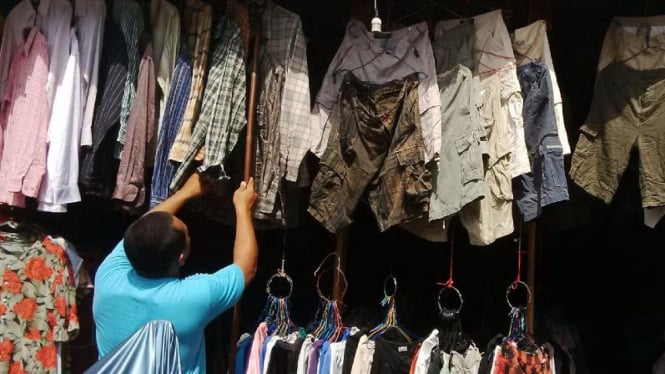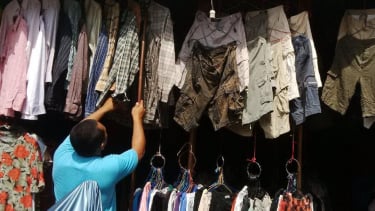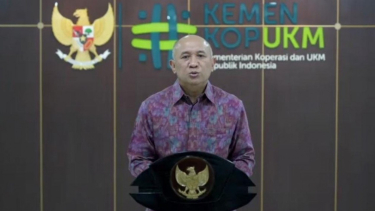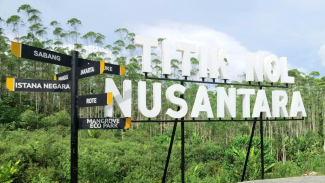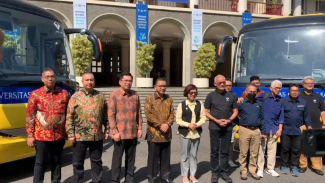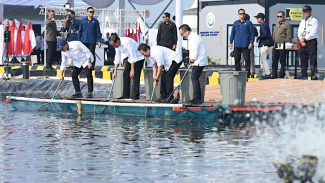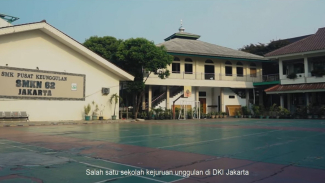- VIVA/Aceng Mukaram (Pontianak)
VIVA – Imports of thrift clothes become increasingly popular in recent years, but now, Indonesia’s Cooperatives and Small and Medium Enterprises (SMEs) Minister Teten Masduki firmly rejects the sale and purchase of imported thrifting clothes to protect textile micro, small, and medium enterprises (MSMEs) sustainability.
"We (government) have a strong argument for rejecting the imports of used clothes because we want to protect our MSME products, especially in the textile and shoe textile products sector, which now also has many MSME players," Minister Masduki said in a media discussion at the office, Jakarta, on Monday.
Minister Masduki stated that the imports of used and illegal textile products wouldn’t align with the government’s effort to encourage local product consumption through the Proud of Indonesian Products National Movement.
Through the national movement, the government has issued a policy mandating 40 percent spending on MSME products in goods procurement, he said.
Menkop UKM Teten Masduki.
- VIVA/Anisa Aulia
On account of this policy, national economic growth could reach 1.85 percent and 2 million jobs could be created without new investment, Statistics Indonesia (BPS) has estimated.
The minister also said he believes that if similar efforts are made when it comes to household consumption, national economic growth will improve. Further, the import thrifting trend would also eliminate jobs because the textile industry is a labor-intensive industry that involves many workers.
Masduki urged customs to be more stringent and improve their monitoring of the illegal entry of used imported clothes that have been banned by the Trade Minister’s Regulation No.40 of 2022.
"It's actually not difficult (to trace where such clothes are sold) since we have already investigated it. In addition through social media, they are also available in Pasar Senen, Gedebage, and Pasar Baru. From there, it will be easier to identify who imports them," he concluded.

